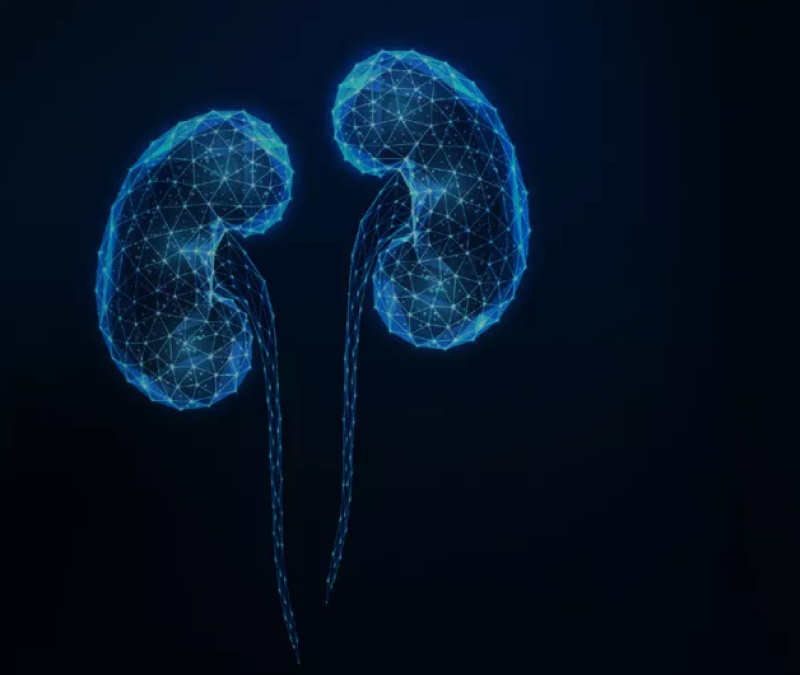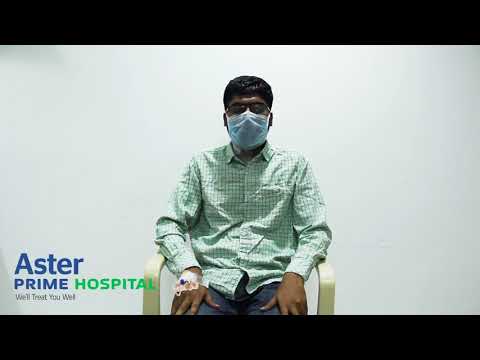Aster Prime Hospital has a dedicated department of Nephrology that is involved in kidney concerns. With the best infrastructure in Hyderabad, the experts in the department include nephrologists, renal transplant surgeons, dialysis technicians, and caring nursing staff.
As one of the renowned kidney hospitals in Hyderabad, Aster Prime Hospital provides a wide range of advanced nephrology services, such as dialysis, kidney transplantation, CAPD (Continuous Ambulatory Peritoneal Dialysis) and permcath insertion.
Our dialysis facilities include a double RO water treatment plant for dialysis and hemodialysis with ultrapure water for a clean and sterile environment. Our Nephrology department offers 24/ 7 emergency services, outpatient and inpatient divisions, a daycare unit and highly dedicated medical staff to look after the patients and ensure that their health needs are met effectively and efficiently.
Our Doctors
We have some of the best specialists from around the world, they bring years of experience and offer evidence-based treatment to ensure the best care for you.
Advanced Technology & Facilities
Well equipped with the latest medical equipment, modern technology & infrastructure, Aster Hospital is one of the best hospitals in India.
- Urine test
- Blood tests
- Renal function tests- BUN, Creatinine, Na/K, Cl-GFR
- Ambulatory blood pressure monitoring
- Imaging tests:
- Intravenous urography (IVU)
- Voiding cystourethrogram (VCUG)
- CT scan of the kidney and urinary tract
- Renal angiography
- Kidney biopsy
Patient Stories
Our patients are our best advocates, hear the inspiring stories of their treatment journey






